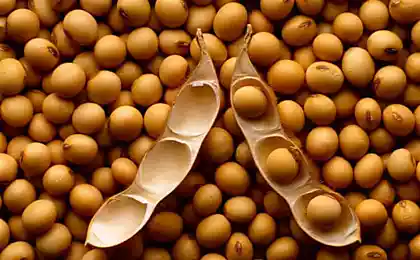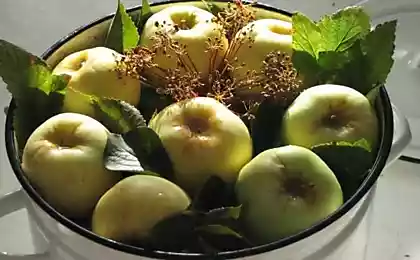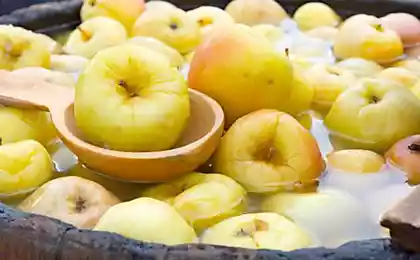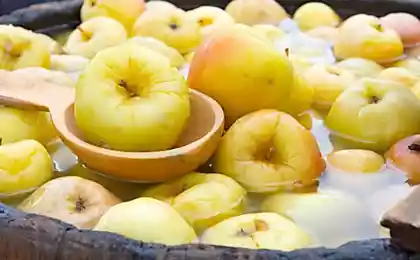860
Genetically modified apples do not darken
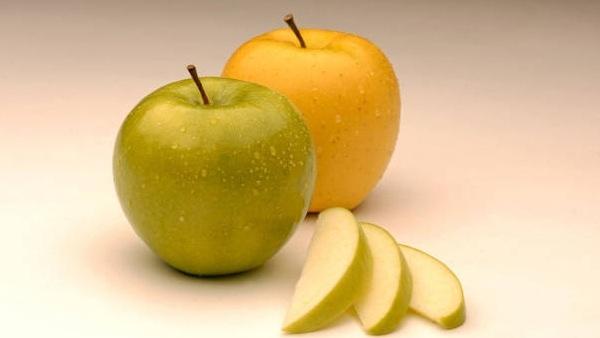
The Canadian company Okanagan Specialty Fruits has developed two varieties of genetically modified apple that does not darken after chews them to pieces.
Soon authorized state agency will test a new fruit on health safety and on the North American continent is rising wave of rejection. According to the survey, conducted in Canada, 69% of the 1500 respondents were against the approval of genetically modified apples. In the US, American Apple Association also welcomes the emergence of such a product on the market - however, under the specious pretext of economic: it is, they say, cast a shadow on apples grown in the United States.
Manufacturer, of course, assures us that his apples are not only completely harmless, but also help to correct the negative trend prevailing in the US market, where sales of fresh apples have fallen by 20% over the last year. Representatives of the company noted that, in their observations, in many situations, people avoid taking a whole apple, but prefer to help themselves into small pieces, but only if they do not have time to pokorichnevet. In addition, many large distribution networks refuse to take for the implementation of apples, with noticeable brown spots caused by strokes, and it is either additional losses for farmers or the rise in prices on the "perfect-looking" apples to the final consumer.
Actually the process of genetic modification of apples developed in Australia, the same research group that has done something similar with the potatoes. Its essence is in the room an extra copy of the gene that activates the mechanism of self-defense, which, in turn, blocks the work of another gene responsible for the production of polyphenol oxidase - an enzyme that causes brown.
Okanagan Specialty Fruits informs that once GM fruit will get the coveted certificate, they will be sold under the brand name "Arctic apples." But what really upset the high-tech needs of the Canadian manufacturer, is opposed by another American Union - Northwestern Gardening Association, which controls about 60% of the US apple market. Representatives of the association said that they certainly do not believe that GM apples are dangerous, but believe that the industry as a whole, it would be desirable to keep the old image of an apple - healthy natural product.
By the way, contrary to popular opinion about the dominance of GM products in the US if Canadians will be able to obtain permission from the regulators, their genetically modified apples will be the first product of its kind, selling directly to consumers. (As components of food and food-processing GM fruit and vegetables are present in the US market nearly 20 years).
In China, excavated the tomb of the Three Kingdoms era of General
Maya clicked on the nose modern hydro-





